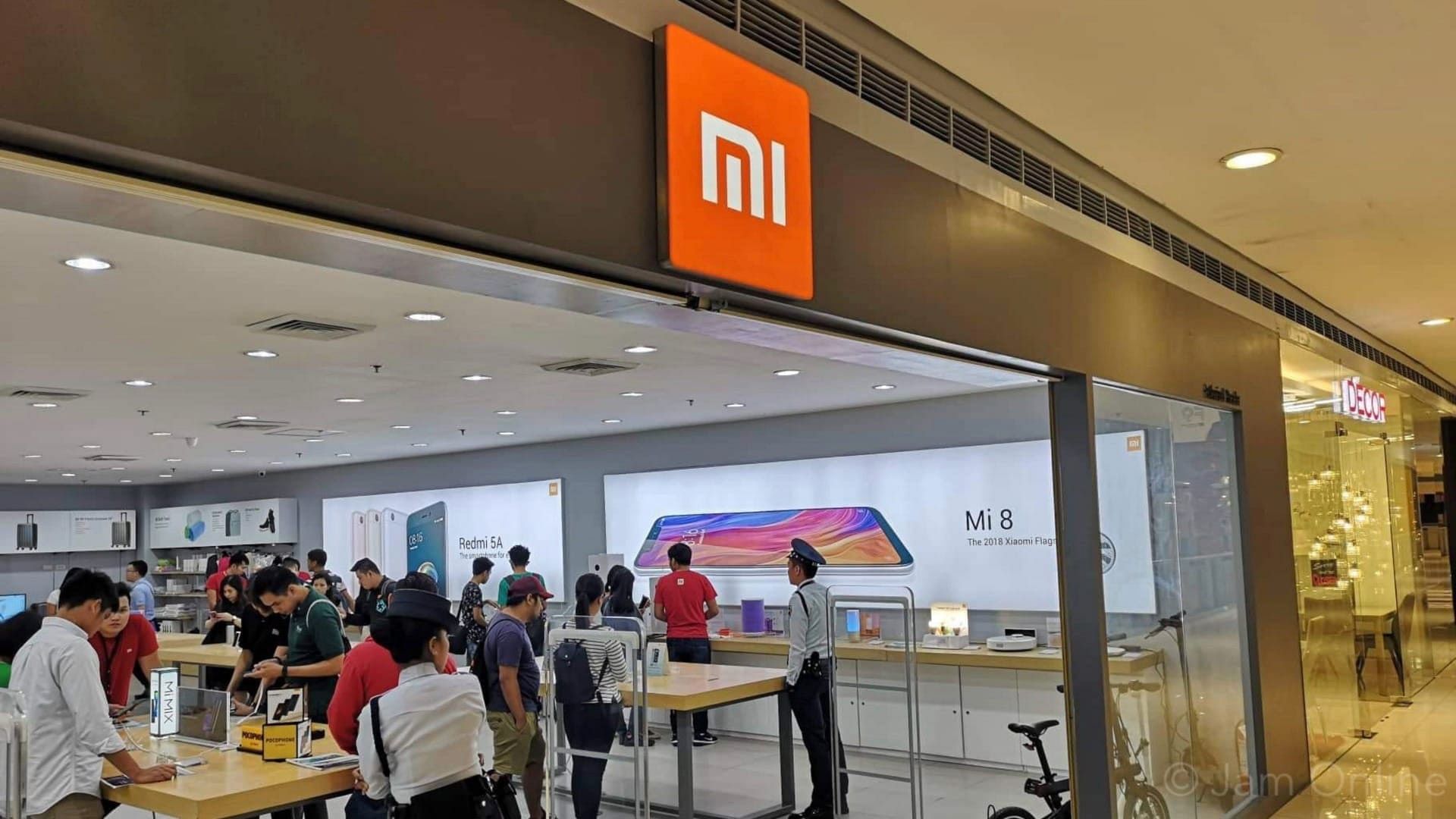While America try to shift TSMC factory from Taiwan to Phoenix Arizona, China strategy is to recruit TSMC talents.
TSMC Arizona is doomed to be a failure. The Taiwanese just couldn't find enough skilled AMDK to fill the posts, and those who qualify aren't committed enough to adhere to the high standards required in the world's top chip company. On top of that they have to send every AMDK engineer back to Taiwan for 18 months training and there's no guarantee that they'd make the cut. Finally, the AMDK couldn't hack the Taiwanese hierarchical structure.
As Tim Cook said, Apple set up a factory in Shenzhen because they could find enough highly skilled workers to fill several football fields, not because of cost; in American you'd be lucky to fill a room. Remember, China is now graduating close to 10 million engineers a year; America only about 300,000.
TSMC’s debacle in the American desert
Missed deadlines and tension among Taiwanese and American coworkers are plaguing the chip giant’s Phoenix expansion.
By
VIOLA ZHOU
23 APRIL 2024 • PHOENIX, UNITED STATES
Bruce thought he’d landed his dream job. The young American engineer had been eager for a stable, high-paying job in the semiconductor industry. Then, in late 2020, he received a LinkedIn message from a recruiter for Taiwan Semiconductor Manufacturing Company. Bruce read up on TSMC — the leading global manufacturer of advanced chips — and got excited. The job sounded like he’d be “pushing the boundaries of human technology,” he recalled to Rest of World.
TSMC was undergoing a transformation at just about the same time Bruce heard from the recruiter. The coronavirus pandemic was exposing deep faults in supply chains, and a global chip shortage had
slowed production of cars, smartphones, and refrigerators around the world. Meanwhile, American policymakers were
rallying around what would eventually become the CHIPS and Science Act, a sweeping piece of legislation designed to boost semiconductor manufacturing in the U.S. TSMC, which makes most of its chips in Taiwan, was under pressure to expand its global manufacturing capacities.
Bruce would be working as a semiconductor engineer. The recruiter explained that he would first spend more than a year in Taiwan learning the ins and outs of
the complex chipmaking process. Then, he’d return to Arizona. There, in a cactus-dotted suburb of Phoenix, TSMC was building a sprawling new factory to make the kind of chips that power iPhones and U.S. fighter jets. He’d be helping bring America’s newest chip factory online. Bruce was in.
But over the next two years, Bruce came to realize that the reality of working at TSMC wasn’t exactly what he had envisioned. While working on nanometer-level processes to make state-of-the-art chips, he struggled with language barriers, long hours, and a strict hierarchy. Bruce soon began second-guessing what he had signed up for. The plant, which was originally set to begin operating in 2024, fell woefully behind schedule; production at the facility is now set to start in 2025. Bruce, who said he signed a confidentiality agreement with TSMC, requested anonymity for this story.
He wasn’t the only one disappointed with TSMC’s progress in Arizona — other U.S. workers who spoke to Rest of World echoed Bruce’s concerns. In the past two years, the company has relocated hundreds of Taiwanese workers and their families to Arizona. Instead of a gleaming new facility, these workers found an active construction site, and a company struggling to bridge Taiwanese and American professional and cultural norms.
Over the past four months, Rest of World spoke with more than 20 current and former TSMC employees — from the U.S. and Taiwan — at the Arizona plant. All of them requested anonymity because they were not authorized to speak to the media or because they feared retaliation from the company. In February, Rest of World traveled to Phoenix to visit the growing TSMC complex and spend time with the nascent community of transplanted Taiwanese engineers.
The American engineers complained of rigid, counterproductive hierarchies at the company; Taiwanese TSMC veterans described their American counterparts as lacking the kind of dedication and obedience they believe to be the foundation of their company’s world-leading success.
Some 2,200 employees now work at TSMC’s Arizona plant, with about
half of them deployed from Taiwan. While tension at the plant simmers, TSMC has been ramping up its investments, recently securing billions of dollars in grants and loans from the U.S. government. Whether or not the plant succeeds in making cutting-edge chips with the same speed, efficiency, and profitability as facilities in Asia remains to be seen, with many skeptical about a U.S. workforce under TSMC’s army-like command system. “[The company] tried to make Arizona Taiwanese,” G. Dan Hutcheson, a semiconductor industry analyst at the research firm TechInsights, told Rest of World. “And it’s just not going to work.”
TSMC did not respond to a detailed list of questions from Rest of World.
https://restofworld.org/2024/tsmc-arizona-expansion/









 later u go out no wear pants.
later u go out no wear pants.  then got black kuku bird exposed.
then got black kuku bird exposed. 
